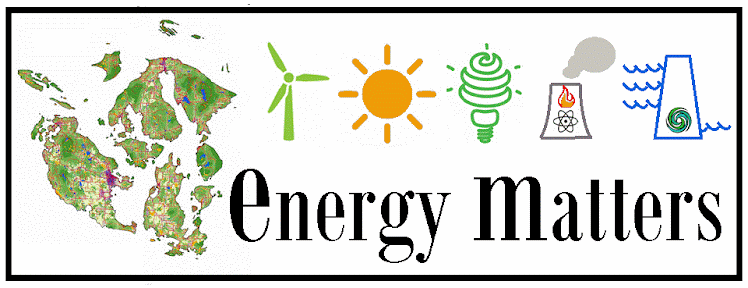by Faith Van De Putte
"Imagine a community, imagine a world . . . where how we live nourishes the earth, helps people realize their potential, and creates joy in community."
This is the audacious premise and enticing invitation of the Transition Fidalgo.
 |
| This publication is distributed for free at Transition Fidalgo & Friends events. Click here to download (4.5 MB). |
Transition Fidalgo & Friends is a non-profit, all-volunteer organization focusing on strengthening Fidalgo community’s resilience by developing positive, everyday solutions to the challenges of climate change, energy uncertainty, and economic instability. It is part of the international Transition Movement that believes a post carbon, low impact future could be a positive change for humanity. Anacortes is currently taking up this challenge and speakers from Transition Fidalgo will be at Lopez Library, Oct 28, 6.30pm.
“By supporting renewable energy, rebuilding skills, strengthening community, and fostering the local production of food, energy, and goods, we look forward to a way of life more fulfilling, more connected, and more caring of each other and the earth.” states the website of Transition Fidalgo, transitionfidalgo.org.
The thriving Transition Movement is a social experiment. It began when a student group led by Permaculture teacher Rob Hopkins created an “energy descent action plan” in Kinsdale, Ireland. It went beyond the issues of energy supply, to look at across-the-board creative adaptations in the realms of food, farming, education, economy and health and was adopted by their town council. After this experience Mr. Hopkins moved to Totnes, England to work on his doctorate and started Transition Town Totnes. The process has since been
replicated in 397 communities in 34 countries, including Whatcom, Whidbey, and Anacortes.
The Transition movement has been called “engaged optimism” since at its heart is the belief that local organizing can create resilient communities more able to withstand the shocks of our changing resource base and climate. As it says on the Transition USA website “if we wait for the governments it will be too late and too little, if we act as individuals it’ll be too little too late but if we act as communities, it might just be enough just in time.”
What is happening in the 397 communities who are using and adapting the Transition model? They are assessing their current energy dependence, visioning what their community would look like less dependent on fossil fuels and once the vision is in place they "backcast" - that is, work backwards from that time to figure out what must be in place to make the vision real. For example, if the community wants to source 50% of its home heating from managed woodlands in 2030, then it'll need to have planted up all the necessary areas by 2020.
Many of the first steps are modest and based around “relocalization” such as community gardens, seed swaps, sharing of knowledge and skills. Other towns are trying solutions such as creating their own currencies in order to support their local economies. Tackling the issue of building community resilience demands hard innovative work in many sectors and the Transition movement strives to be a platform for a unified community vision.
Our neighbors at Transition Fidalgo have been busy with hosting informational local dinners, establishing a community garden, publishing a highly successful community cookbook, Serving the Skagit Harvest, as well as a sustainable living guide and working with Skagit County to pass a climate resolution and establish a climate task force.
Come join the discussion. Evelyn Adams and friends of Transition Fidalgo will be at the next Climate
Change lecture series to share their experiences with us. See you at the Lopez Library, Friday Oct 28!

No comments:
Post a Comment